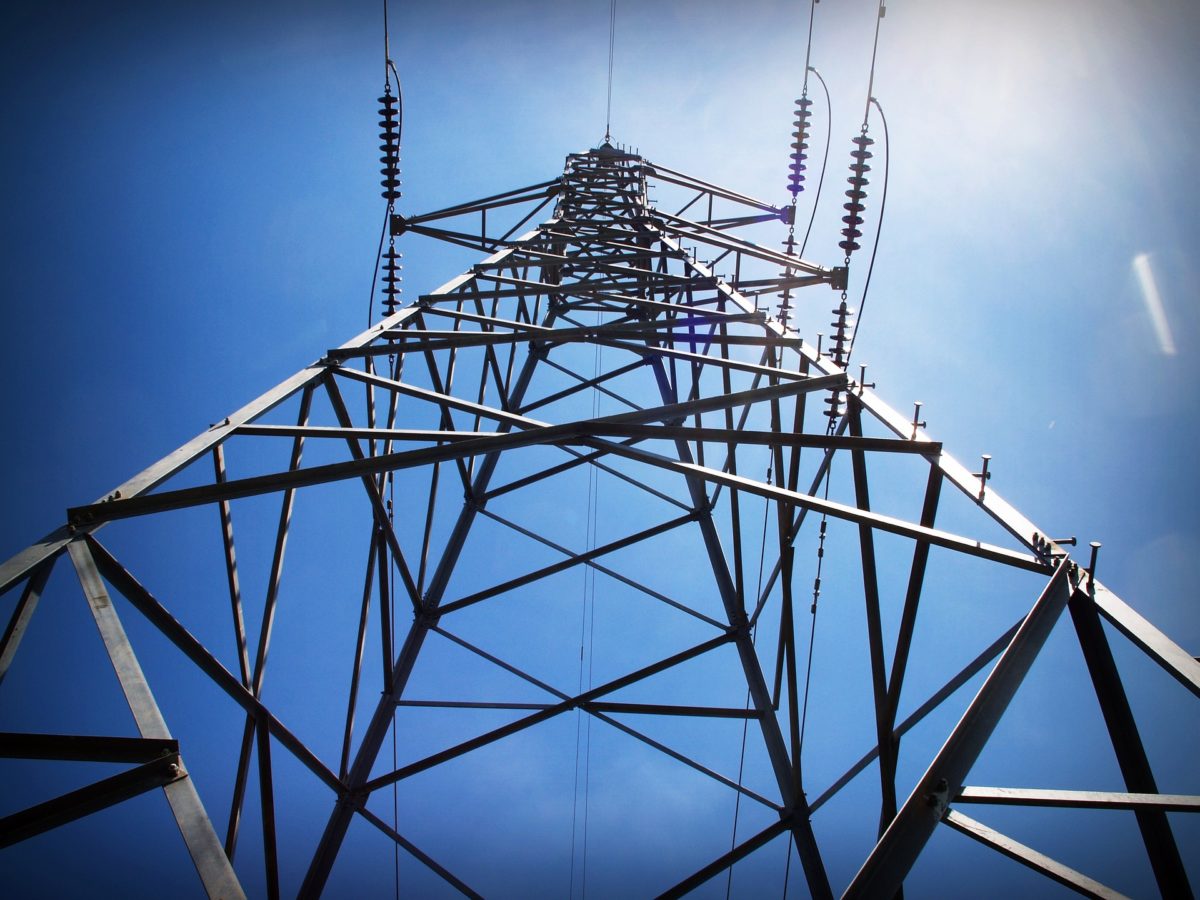The Greek government’s decision to appoint a new managing director for its troubled public power utility in the wake of last month’s general election has come as no surprise.
The fact executives at the head of Greek public corporations are usually political appointments explains why so many national institutions under-perform and is nowhere better illustrated than in the case of the Public Power Corporation (PPC).
The nation’s largest electric utility has failed to ride the renewable energy wave that has washed over the country for a decade, retaining a fleet of lignite and large hydro power plants.
The PPC currently owns only 1.32 MW of PV generation assets, plus 81.71 of wind generation capacity and 69.55 of small hydro. To put that into context, Greece boasts 2,651 MW of solar generation capacity and 3,059 MW of wind.
One of the issues occupying the in-tray of the new CEO is a demand from the EU that the utility relinquish part of the more-than-90% share of the retail electricity market it held until recently. The preferred route of privatizing part of its generation fleet was blocked by the former government, which instead introduced a tender regime that forced the utility to offer up chunks of its generation capacity.
As result, the PPC is now selling power to its competitors at lower prices than it costs to generate it and the utility lost €900 million last year as a belated attempt to sell off coal assets failed to attract bidders.
The solar element
The pro-business government elected last month has pledged to save the utility and immediately introduced measures to try and stem the losses. To turn the state power company around, however, will require it to belatedly embrace renewables, according to new energy minister Kostas Hatzidakis.
As part of that effort, the government this week appointed George Stassis, former CEO and country manager in Romania for Italian energy giant Enel to head the PPC.
Stassis was CEO of Enel Green Power in Eastern Europe and Egypt from 2014 to 2016 and before that managed the company’s renewable energy arm in Greece for six-and-a-half years.
A year ago Stassis wrote on LinkedIn that utilities needed to turn their attention from the gigawatts to the kilowatts and focus more on their bidirectional relationship with prosumers and investing in digital technologies such as smart meters. Technological progress and the energy paradigm shift are irreversible, he added on the business-focused social media platform.
It remains to be seen whether Stassis’ appointment will lead to change in the firm’s generation portfolio but the PPC has already shown willing to invest in solar by participating in a national renewable energy tender in April. The utility’s bid to develop a 200 MW solar plant in Kozani was outwitted, however, by its rivals.
This content is protected by copyright and may not be reused. If you want to cooperate with us and would like to reuse some of our content, please contact: editors@pv-magazine.com.



2 comments
By submitting this form you agree to pv magazine using your data for the purposes of publishing your comment.
Your personal data will only be disclosed or otherwise transmitted to third parties for the purposes of spam filtering or if this is necessary for technical maintenance of the website. Any other transfer to third parties will not take place unless this is justified on the basis of applicable data protection regulations or if pv magazine is legally obliged to do so.
You may revoke this consent at any time with effect for the future, in which case your personal data will be deleted immediately. Otherwise, your data will be deleted if pv magazine has processed your request or the purpose of data storage is fulfilled.
Further information on data privacy can be found in our Data Protection Policy.